Winter in the biotope - Trees that lose their leaves (2024. 2. 22)
Deciduous trees, whose leaves turn beautiful shades of red and yellow in autumn, completely lose their leaves in winter, revealing their trunks and branches.
Just as people look different from each other in many ways, so do trees. Here are some deciduous trees with distinctive barks that can be seen in the biotope in winter.
Leafless Deciduous Trees
Trident maple tree
This is a tall tree, standing 10-20 meters high.
The bark is grayish-brown and smooth on young trees. However, it peels off in large vertical strips as the tree grows.
This tree is said to be resistant to air pollution and is often planted as a roadside tree.
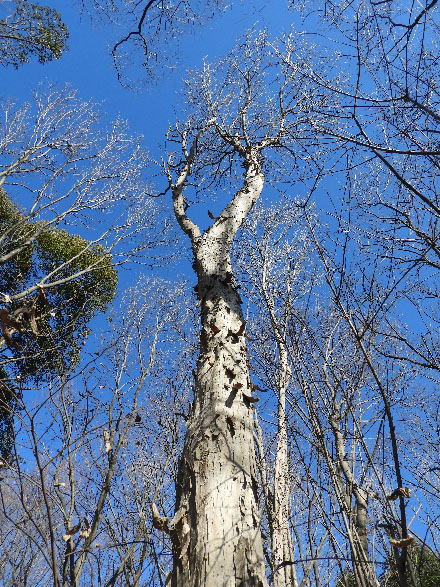
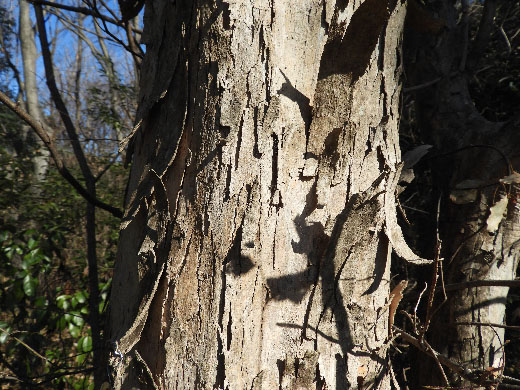
Sawtooth oak tree
This is a tall tree, reaching a height of about 15 meters.
The bark is dark and rugged, with irregular vertical cracks.
The wood from this tree is relatively slow-burning, and has traditionally been used for firewood and charcoal.
Insects such as beetles are attracted to the sap that seeps from the trunk of the tree.
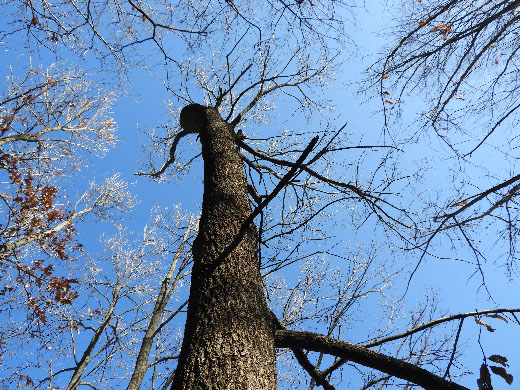
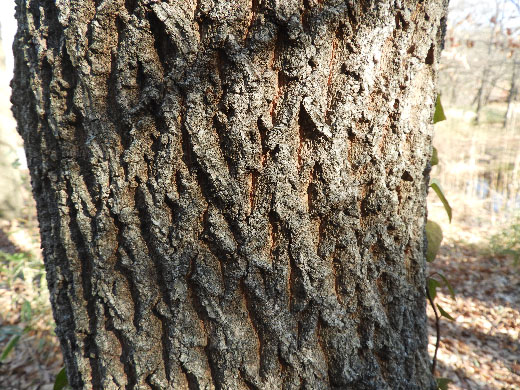
Crape myrtle tree
The Japanese name for this tree is "Saru-Suberi (meaning "monkeys slip"), which derives from the fact that the trunk is so smooth and slippery that even monkeys may have difficulty climbing
it.
The bark is reddish-brown and very smooth, and the trunk and branches grow in a sinuous pattern from side to side. Some crape myrtles can reach up to 10 meters in height.
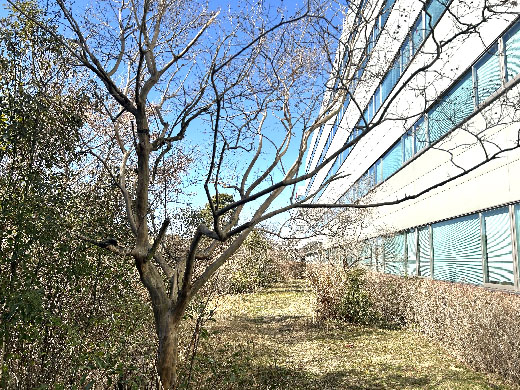
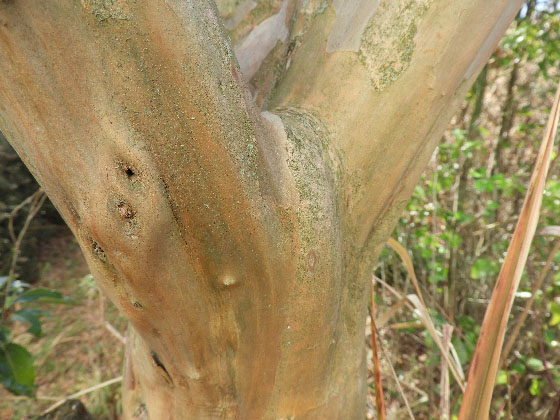
Winged spindle tree
This is a shrub that grows 1-3 meters tall. The bark is grayish-brown with a shallow striped pattern, and the branches have thin, rectangular wings.
This tree is called "Nishiki" tree in Japanese. "Nishiki" means "Japanese brocade", and refers to the vibrant red autumnal leaves.
In contrast, the bare branches in winter make the "wings" of the tree conspicuous.
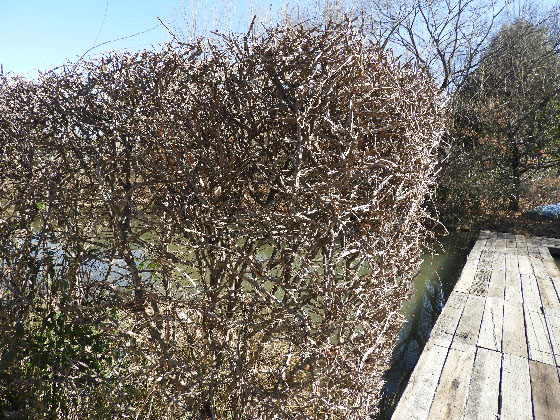
winged spindle tree
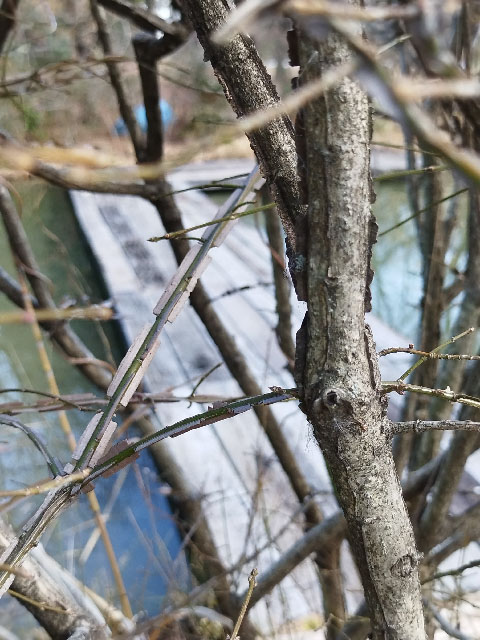
They have flat, rectangular wings.
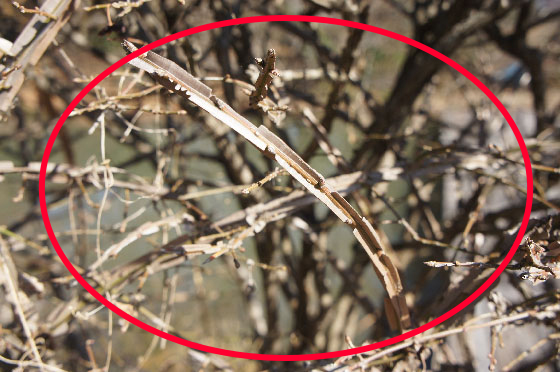
Japanese maple tree
The maple tree, which displays beautiful autumn foliage in the fall, completely loses its leaves in winter and looks like this. The bark of young maple trees is green and smooth, while the bark of mature trees turns light grayish-brown and has shallow vertical cracks. Most maple trees grow in semi-shaded areas and reach a height of 5 to 10 meters.
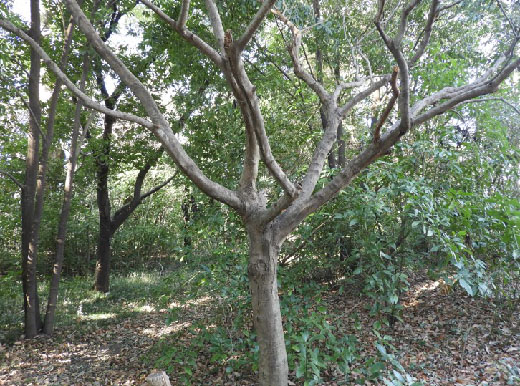
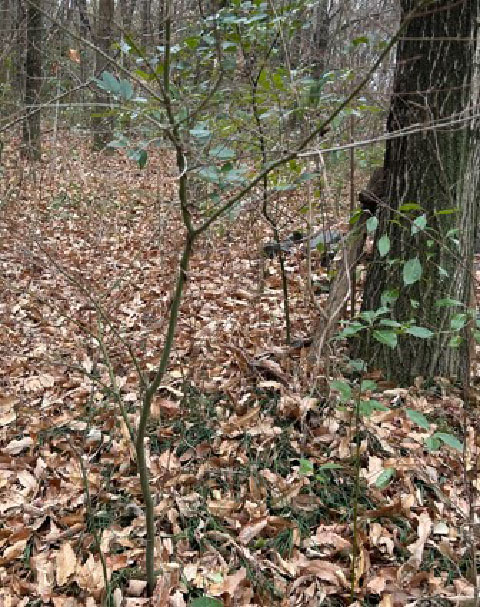
Japanese maple tree
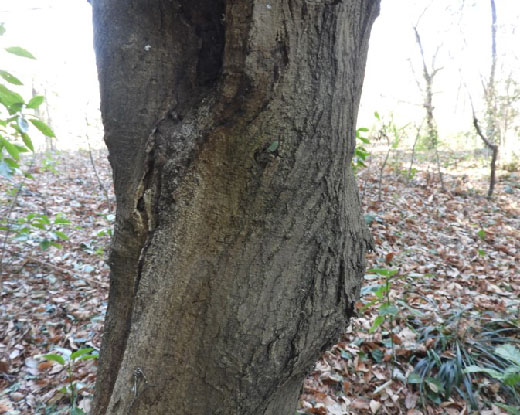
Japanese maple tree
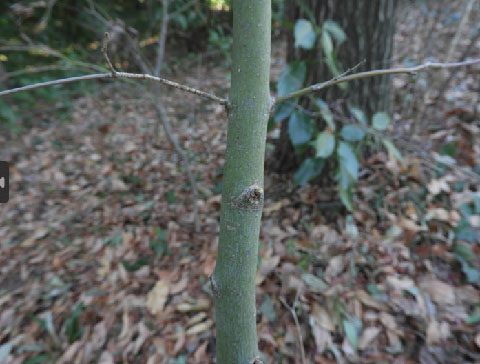
The videos of the Advantest biotope can be viewed via the "Biotope Quarterly Archive".